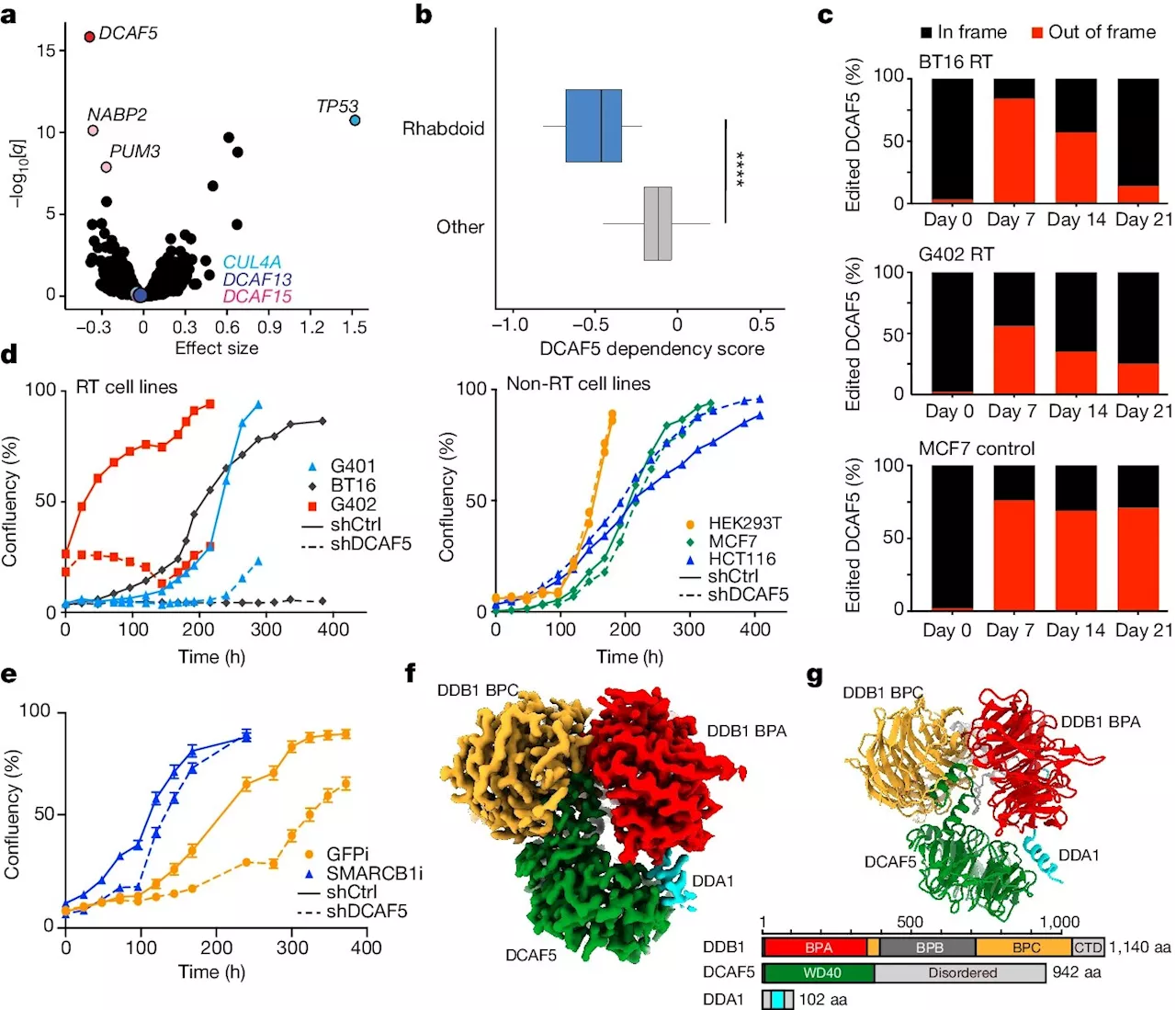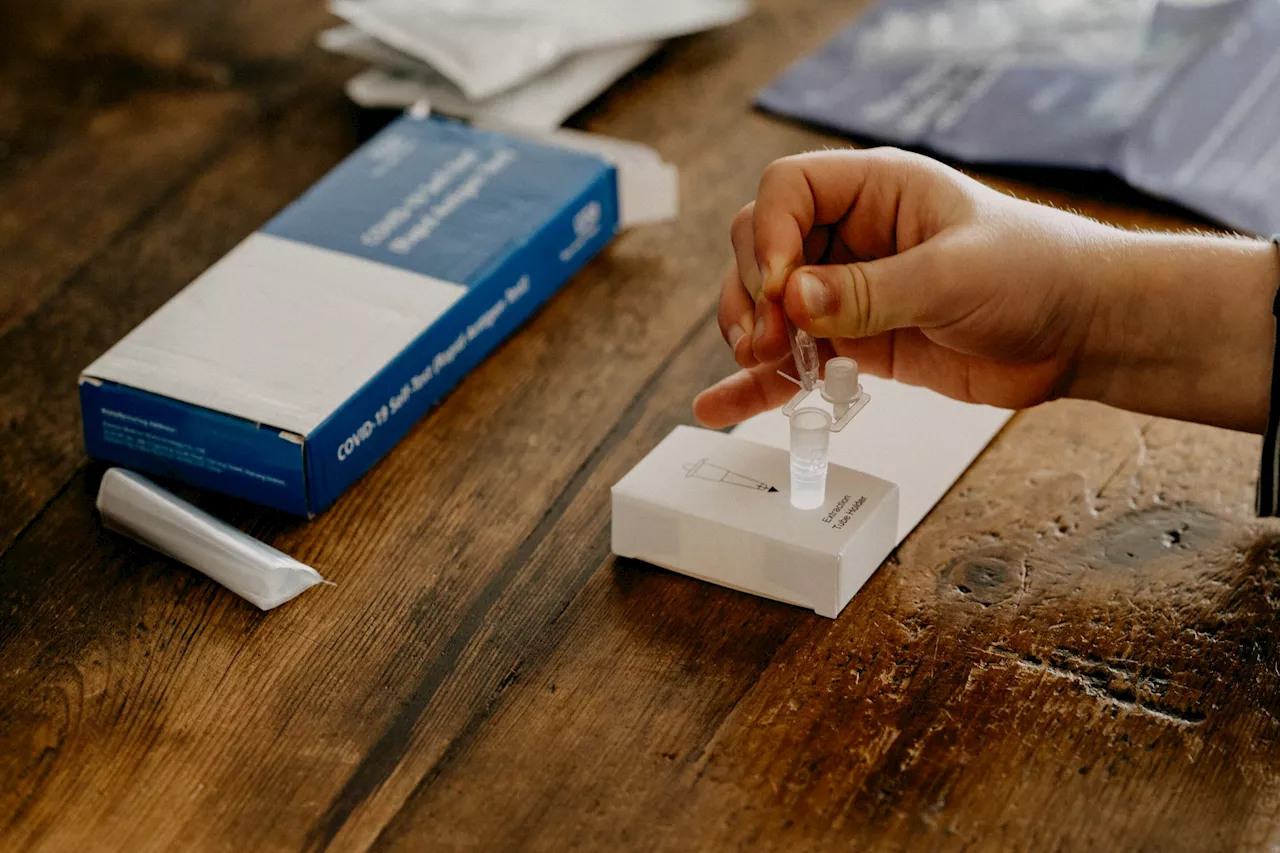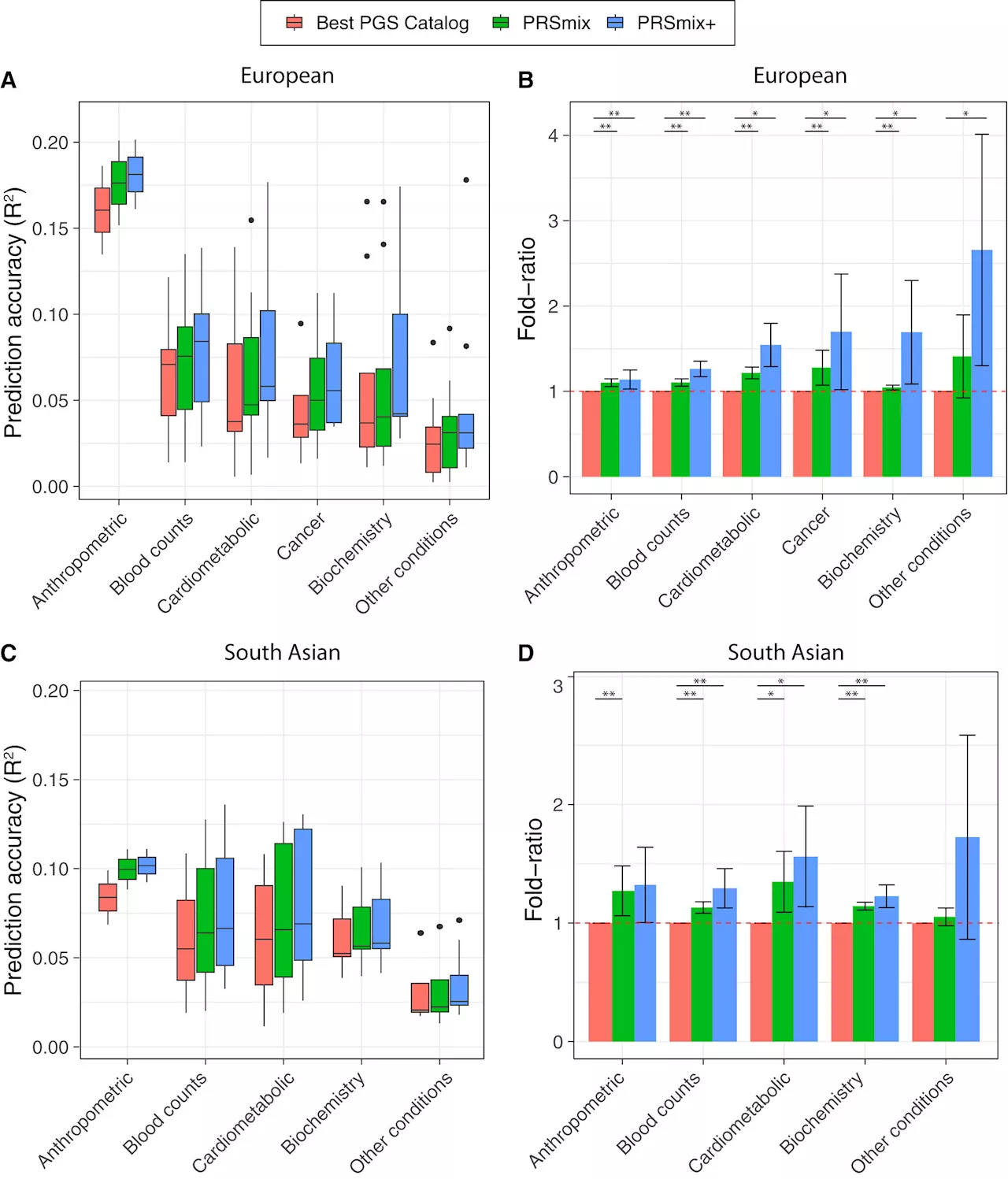Researchers say their findings are consistent with sleep-deprived investors mispricing and revisiting relevant information.
The spring clock change significantly affects how investors respond to companies that reveal unexpected levels of earnings, new research shows.
Researchers say their findings are consistent with sleep-deprived investors mispricing and subsequently revisiting relevant information. The research team hopes the study – published in The European Journal of Finance – will deepen understanding of the effects of sleep deprivation on financial markets.
The team studied a large sample of earnings announcements, made between 1993 and 2018, in the wake of the spring clocks reset.Unexpected increases in earnings within the target group were then compared with a control group of similar companies that had announced financial results exactly one week earlier.
United Kingdom Latest News, United Kingdom Headlines
Similar News:You can also read news stories similar to this one that we have collected from other news sources.
 Researchers turn back the clock on cancer cells to offer new treatment paradigmSt. Jude Children's Research Hospital scientists reversed an aggressive cancer, reverting malignant cells towards a more normal state. Rhabdoid tumors are an aggressive cancer which is missing a key tumor suppressor protein.
Researchers turn back the clock on cancer cells to offer new treatment paradigmSt. Jude Children's Research Hospital scientists reversed an aggressive cancer, reverting malignant cells towards a more normal state. Rhabdoid tumors are an aggressive cancer which is missing a key tumor suppressor protein.
Read more »
 Spring clock change can impact investors response to company earningsResearchers say their findings are consistent with sleep-deprived investors mispricing and revisiting relevant information.
Spring clock change can impact investors response to company earningsResearchers say their findings are consistent with sleep-deprived investors mispricing and revisiting relevant information.
Read more »
Spring clock change can impact investors response to company earningsResearchers say their findings are consistent with sleep-deprived investors mispricing and revisiting relevant information.
Read more »
 Researchers report rare but persistent false positives on COVID-19 home antigen testsUMass Chan Medical School researchers have documented a phenomenon that had confounded clinicians: Some people persistently test positive for SARS-CoV-2, the virus that causes COVID-19, on rapid home antigen tests despite obtaining concurrent negative PCR tests.
Researchers report rare but persistent false positives on COVID-19 home antigen testsUMass Chan Medical School researchers have documented a phenomenon that had confounded clinicians: Some people persistently test positive for SARS-CoV-2, the virus that causes COVID-19, on rapid home antigen tests despite obtaining concurrent negative PCR tests.
Read more »
 Researchers report on the effectiveness of skin biopsy to detect Parkinson's and related neurodegenerative diseasesIn a paper published in the Journal of the American Medical Association (JAMA), neurologists at Beth Israel Deaconess Medical Center (BIDMC) showed that a simple skin biopsy test detects an abnormal form of alpha-synuclein, the pathological hallmark of Parkinson's disease and the subgroup of neurodegenerative disorders known as synucleinopathies,...
Researchers report on the effectiveness of skin biopsy to detect Parkinson's and related neurodegenerative diseasesIn a paper published in the Journal of the American Medical Association (JAMA), neurologists at Beth Israel Deaconess Medical Center (BIDMC) showed that a simple skin biopsy test detects an abnormal form of alpha-synuclein, the pathological hallmark of Parkinson's disease and the subgroup of neurodegenerative disorders known as synucleinopathies,...
Read more »
 Researchers roll out a more accurate way to estimate genetic risks of diseaseResearchers have developed statistical tools called polygenic risk scores (PRSs) that can estimate individuals' risk for certain diseases with strong genetic components, such as heart disease or diabetes. However, the data on which PRSs are built is often limited in diversity and scope.
Researchers roll out a more accurate way to estimate genetic risks of diseaseResearchers have developed statistical tools called polygenic risk scores (PRSs) that can estimate individuals' risk for certain diseases with strong genetic components, such as heart disease or diabetes. However, the data on which PRSs are built is often limited in diversity and scope.
Read more »